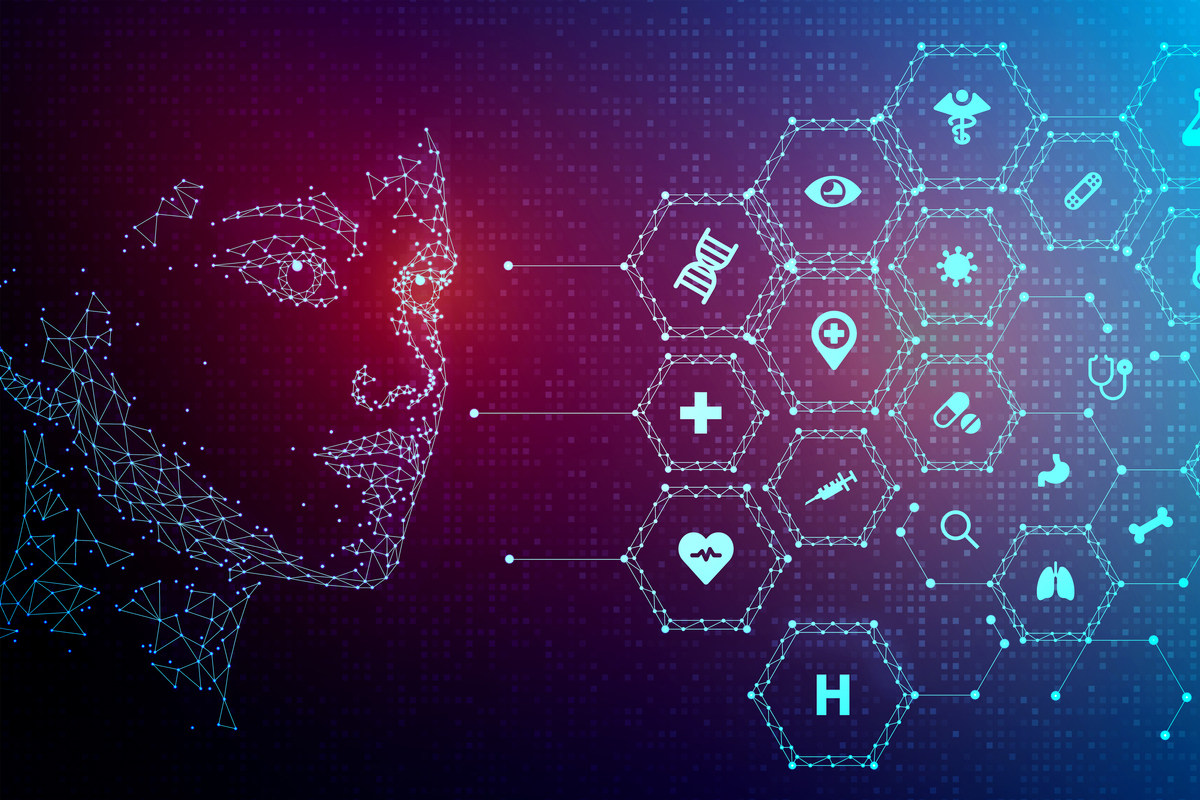Creating a More Just and Merciful World
How Artificial Intelligence Is Shaping Data Analytics

Artificial intelligence (AI) continues to intrigue and fascinate people as technology grows rapidly. It is contributing to analytics capabilities by making data more automated, accessible and analyzable.
AI describes a machine’s learning, logic, reasoning and perception, all previously considered unique to humans, but now replicated by technology and used in practically all industries. It uses computer science programming to initiate human thought and action by analyzing data and surroundings, solving or anticipating problems, or adapting to a variety of tasks. AI applications include big technology, facial recognition, cybernetics, robotics, drones, 5G, smartphones, cryptocurrencies, autonomous weapons and the exchange of information.
Benefits of AI on Data Analysis
According to the Brookings Institute, AI technology is transforming all walks of life and has vast applications that include data analysis, decision-making and information dissemination.
A few of the ways AI and machine learning are contributing to analytics:
- AI automates report generation and makes data easy to understand.
- AI streamlines processes, allowing for insights to be generated faster.
- AI analyzes data using machine learning algorithms to predict future outcomes and reveal trends and patterns.
- AI eliminates errors and offers a greater level of accuracy than traditional business intelligence tools.
Widespread Impact of AI on Industries
How is AI transforming the world? AI is changing the lives of regular people, as well as a variety of industries. AI’s impact can be found everywhere. Health care, banking, logistics and travel are just some of the sectors that use AI to provide superior experience.
Some of the ways major industries are using AI include:
- Transportation. Autonomous vehicles are already operating in some parts of the world. Meanwhile, AI is using data in traffic management to improve road safety and in transport services, including air travel, to reduce delays and wait times.
- Manufacturing. Machine learning models assist several production processes. Because manufacturing is full of analytical data, AI tools can predict equipment maintenance needs, manage inventories and develop and improve products.
- Health Care. Data analytics have had a major impact on health care. The patient experience has been improved by quality metrics from many interconnected digital health tools. Care can be customized for an individual’s personal genetic information.
- Banking. Chatbots deepen customer relationships and deliver personalized service, insights and recommendations. AI prevents fraud by detecting unusual spending and flagging expenditures that do not fit standard patterns or thresholds.
- Travel. AI has created frictionless travel experiences for people. Machine learning and data science allows dynamic and real-time content to be adapted for locations and customer behaviors–providing the most relevant information to the traveler.
Be Part of the Transformation
You can perform a significant role in technological change that improves people’s lives and business processes. Get started with a degree in Data Analytics from Carlow University. This bachelor’s degree program teaches students in-demand analytics competencies, technical know-how and the soft skills needed to explain analysis in a meaningful, easy-to-understand way.
